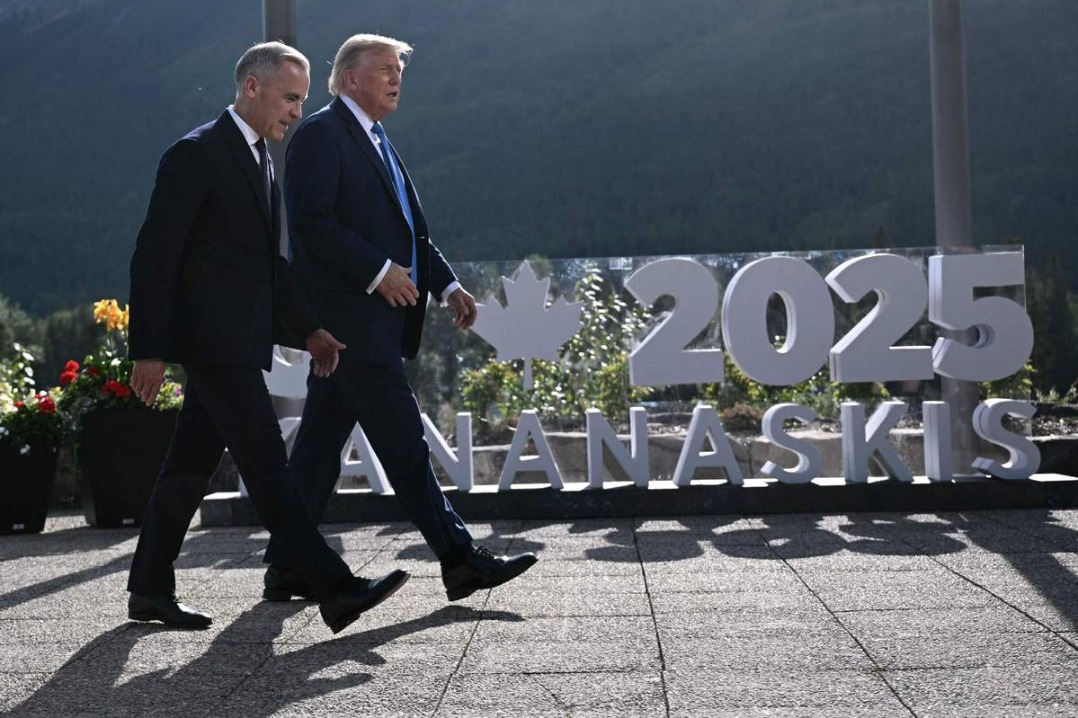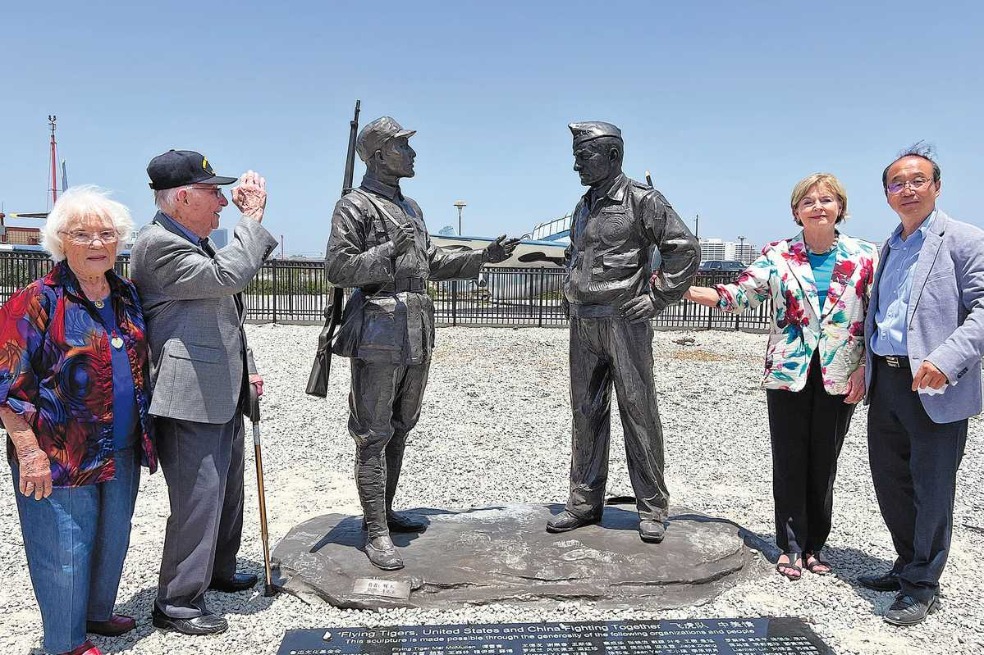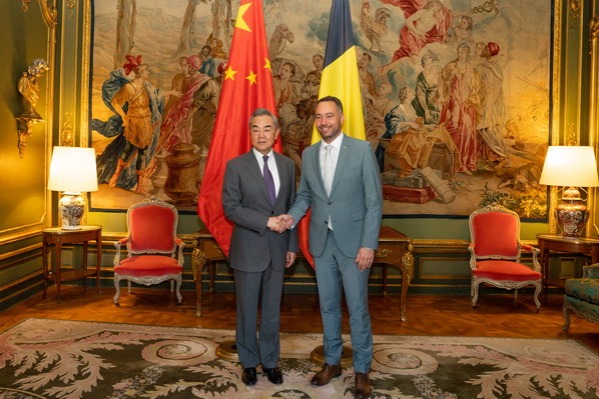China, EU stand ready to strengthen partnership

China and the European Union are poised to deepen dialogue and cooperation, as this year marks the 50th anniversary of their diplomatic relations, with senior officials from both sides emphasizing the importance of mutual respect, open engagement and a shared commitment to global stability.
At the 13th round of China-EU High-level Strategic Dialogue held on Wednesday in Brussels, Belgium, Chinese Foreign Minister Wang Yi and EU High Representative for Foreign Affairs and Security Policy Kaja Kallas agreed to deepen mutual understanding and work together to get well-prepared for the upcoming leaders' meeting for enhancing cooperation.
Wang, who is also a member of the Political Bureau of the Communist Party of China Central Committee, noted that over the past five decades, China-EU relations have weathered many challenges and continued to grow stronger, with cooperation serving as the anchor for both sides.
China and the EU should work as partners, rather than act as rivals, he said, calling for both sides to properly handle their differences through dialogue.
Wang said that China and the EU share extensive common interests and have no fundamental conflicts of interest, adding that both sides support multilateralism, uphold the central role of the United Nations and are committed to resolving disputes peacefully through dialogue.
Amid growing global uncertainty and instability, China and the EU, as two major powers and economies, should enhance exchanges and advance cooperation to safeguard the international order and provide the world with much-needed certainty, he emphasized.
China stands ready to work with the EU to ensure that the upcoming China-EU summit is productive and better guides their bilateral relationship, he said.
Wang noted that China's diplomacy is rooted in the harmonious traditions of Chinese civilization, which advocates peace, inclusiveness and cooperation. China is not the United States and its path should not be viewed through the lens of the US' historical trajectory, he said.
The differences between China and the EU in terms of history, culture and values should not warrant rivalry, nor should their disagreements necessitate confrontation, he said.
Wang reiterated that China firmly supports European integration and the EU's pursuit of greater strategic autonomy. He urged the EU to respect China's core interests, including the Taiwan question, which he said concerns China's sovereignty and territorial integrity. He called on the EU to earnestly uphold the one-China principle as set out in Resolution 2758 of the UN General Assembly.
Kallas said the EU and China are partners with shared responsibilities in maintaining the international order and supporting the UN's central role.
The EU remains committed to the one-China policy and stands ready to work with China to ensure that the upcoming leaders' meeting sends a positive signal for stronger ties and fairer economic cooperation, she said.
Experts said the recent global economic headwinds and trade tensions have once again highlighted the importance of trust-building and open communication.
Bart Dessein, a professor at the Egmont Royal Institute for International Relations in Belgium and a member of the Royal Academy for Overseas Sciences, said that Europe's purchasing power makes it an important partner for China, especially as market access challenges grow elsewhere.
"We are each other's top trading partners and our welfare is interdependent. Constructive dialogue can help shape a fairer, stronger partnership for both sides," he said.
Bernard Dewit, chairman of the Belgian-Chinese Chamber of Commerce, said that despite geopolitical challenges, EU-China collaboration remains vital in trade, technology, climate and culture. "This year marks 50 years of EU-China diplomatic relations, highlighting deep economic ties. China is now Belgium's top non-European supplier," he said.


































